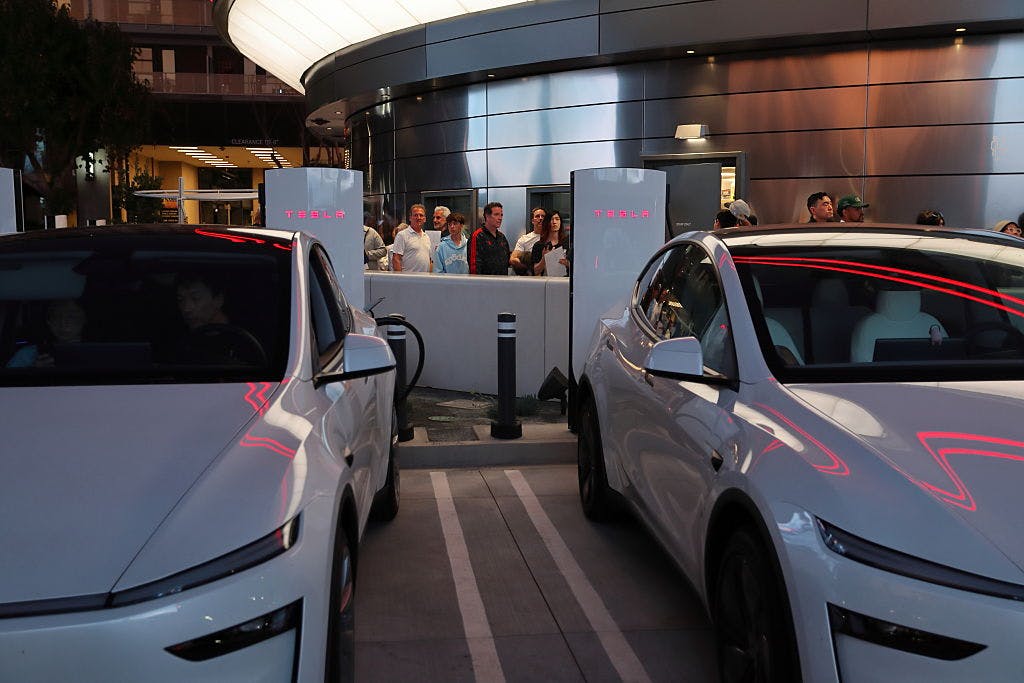Tesla’s energy business has been juicing its top line for years — but now it’s starting to slow down too
Tesla’s services business is the new bright spot, as the EV maker’s energy division dropped 7% year on year.
The last time we looked into Tesla’s energy business — and all the other parts of Tesla that aren’t selling cars — the world looked very different. The company’s CEO was growing increasingly close to presidential candidate Donald Trump, automotive sales were still growing (if only just), and the company’s robotaxi and AI efforts were future upside, rather than the core narrative of the stock today.
A lot has changed and there was no clearer signal of that than the latest earnings report on Wednesday, marking one of Tesla’s worst quarters in over a decade: revenue fell 12% year on year in Q2, including a 16% drop in automobile revenue.
With its traditional car-making business struggling with the rise of stronger rivals, deteriorating brand equity, and escalating tensions with President Trump, more investor focus is on the et cetera part of the company than ever before. But with just 10 to 20 robotaxis on the ground and AI-powered humanoid robots still a long way away, those are far from contributing commercially to the company’s bottom line.
Indeed, in the latest quarter, most Tesla divisions shrunk year on year, with revenue from regulatory credits — made from selling credits to legacy automakers that manufacture gas-burning cars to avoid fines — dropping 51% from the year before.
One bright spot was the the carmaker’s “services and other” business. That division includes used vehicle sales and maintenance services, but the main boost appears to be down to the continued growth of Tesla’s supercharger network, which has exploded ~7x in both the number of EV charging stations and connectors since 2018.
As Tesla opened up the network to other brands, it’s been raking in more profits from non-Tesla drivers who use the superior charging facility at a cost, per a recent customer satisfaction survey of EV drivers.
That reversal of fortunes is particularly interesting, especially when looking at Tesla’s services division side-by-side with the energy business, which includes its solar energy generation and energy storage offerings. While its energy division is humming along, making a record $846 million gross profit this quarter, it’s no longer “growing like wildfire” as it was a year ago, back when it was the fastest-growing part of the company. It actually shrunk this quarter.
But hey, if the less sexy side hustles are working well, they might be worth doubling down on. Maybe in a few years time we’ll be writing about the billions that Tesla’s new diner division is raking in?
